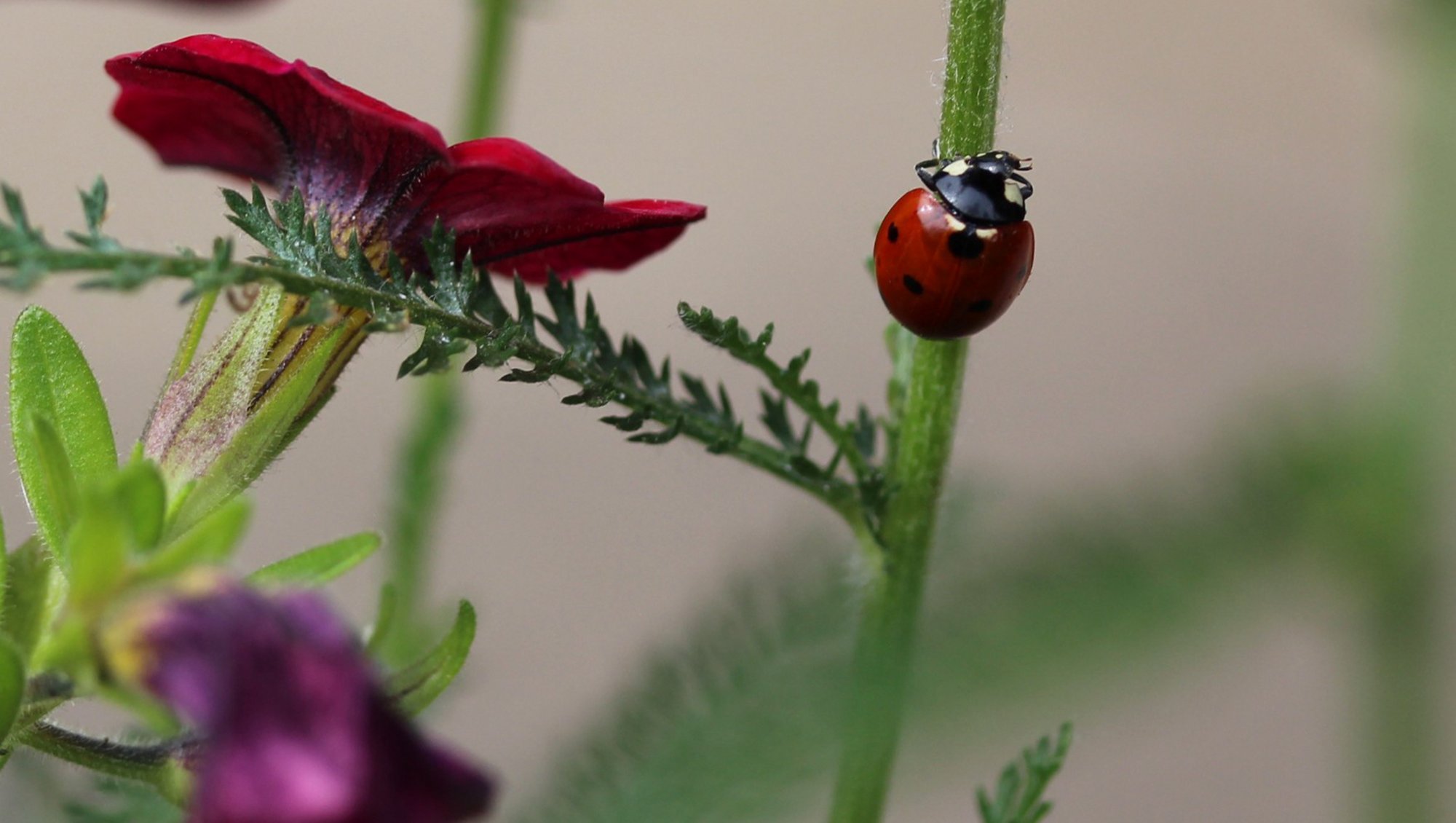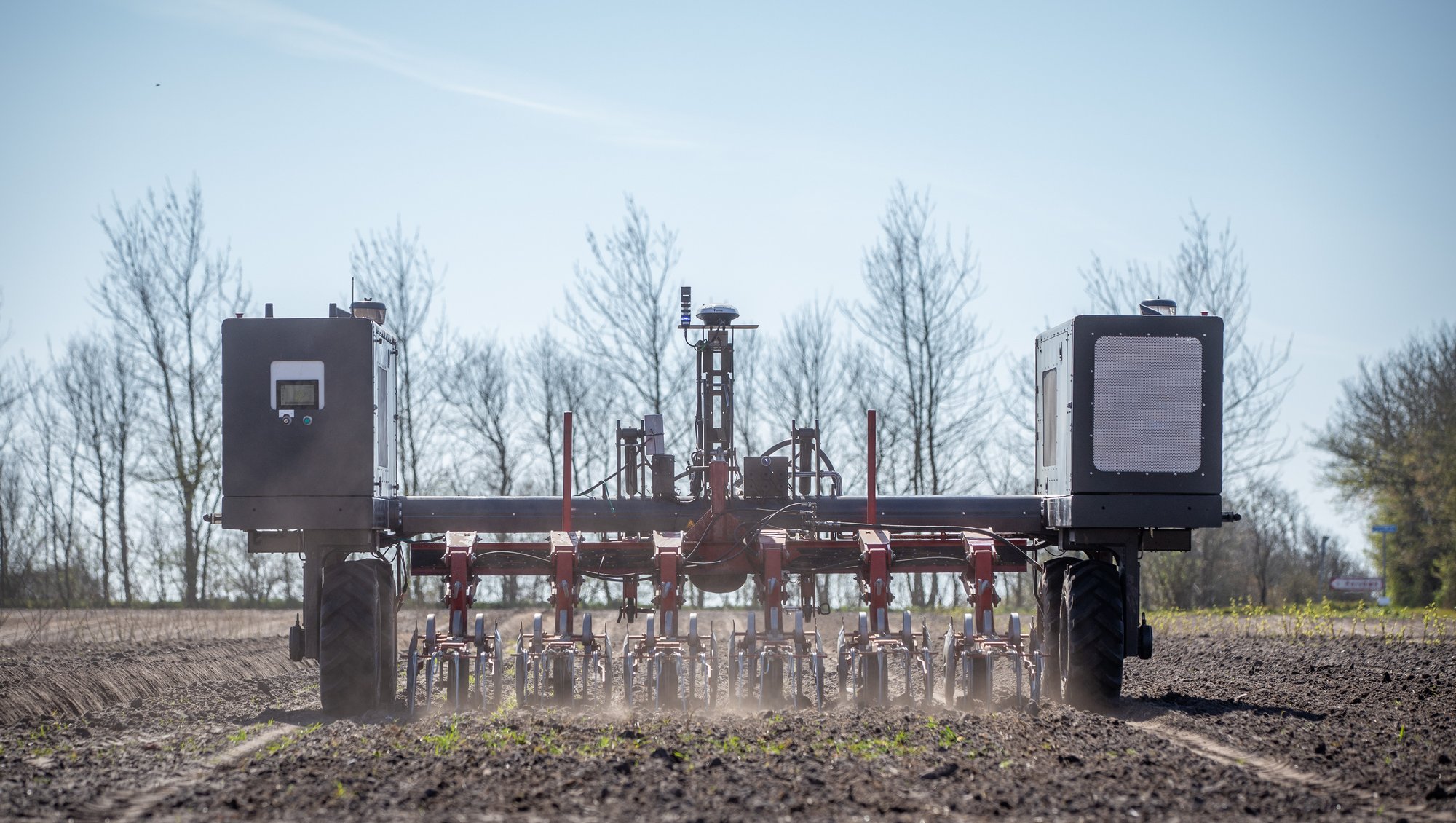StripCrop
Strip cropping for increased biodiversity and resilience in crops and soil
About the project:
In StripCrop, we investigate the potential for strip cropping under Danish conditions by constructing two strip cultivation platforms on Lolland and at Ringkøbing, respectively. In the experiments, we will experiment with crops with different properties in the individual stripes and investigate the effect of the stripe width on a number of parameters.
Project period: 01.01.2021-31.12.2024
Background
In order to increase biodiversity in the landscape as well as in organic farming, we need innovative cultivation methods which at the same time maintain the harvest yields. Today, large monocultures dominate the Danish landscape. This puts biodiversity under pressure, provides ptimal conditions for pests and diseases and challenges the soil fertility.
Strip cropping with 3-5 different crops in strips 3-12 m wide has been shown to have positive effects in several foreign experiments. Strip cropping typically results in higher biodiversity both underground and above ground, more resistant crops, more fertile soil, less pest and disease infestation and at the same time less soil erosion.
Purpose
In the crops, both above and below ground, we will monitor the impact on biodiversity, the amount of selected pests and pathogens, levels of beneficial animals, soil fertility and yields over a number of years. The results and demonstration of the experiments will enable organic farmers to make informed decisions in order to increase biodiversity while also increasing the robustness of crops and maintaining yields.
The project, step-by-step
- Design and construction of areas with strip cropping
- Effects of strip cropping on pests and their natural enemies
- Effects of strip cropping on soil biodiversity, microbial activity and nutrients as well as on soil-borne pathogens and foliar pathogens
- Demonstration of strip cropping and effects on yields
Project leader

Professor Mogens Nicolaisen, Aarhus University, Dept. of Agro-Ecology
Email: mn@agro.au.dk; Phone: +45 2475 7668
Project partners
Hanne Lakkenborg Kristensen, Aarhus University, Dept. of Food Sciences
Lene Sigsgaard, University of Copenhagen Dept. of Plant and Environmental Sciences
Trine Schwennesen, Sven Hermansen, Frank Oudshoorn, SEGES Organic Innovation

